People and partners
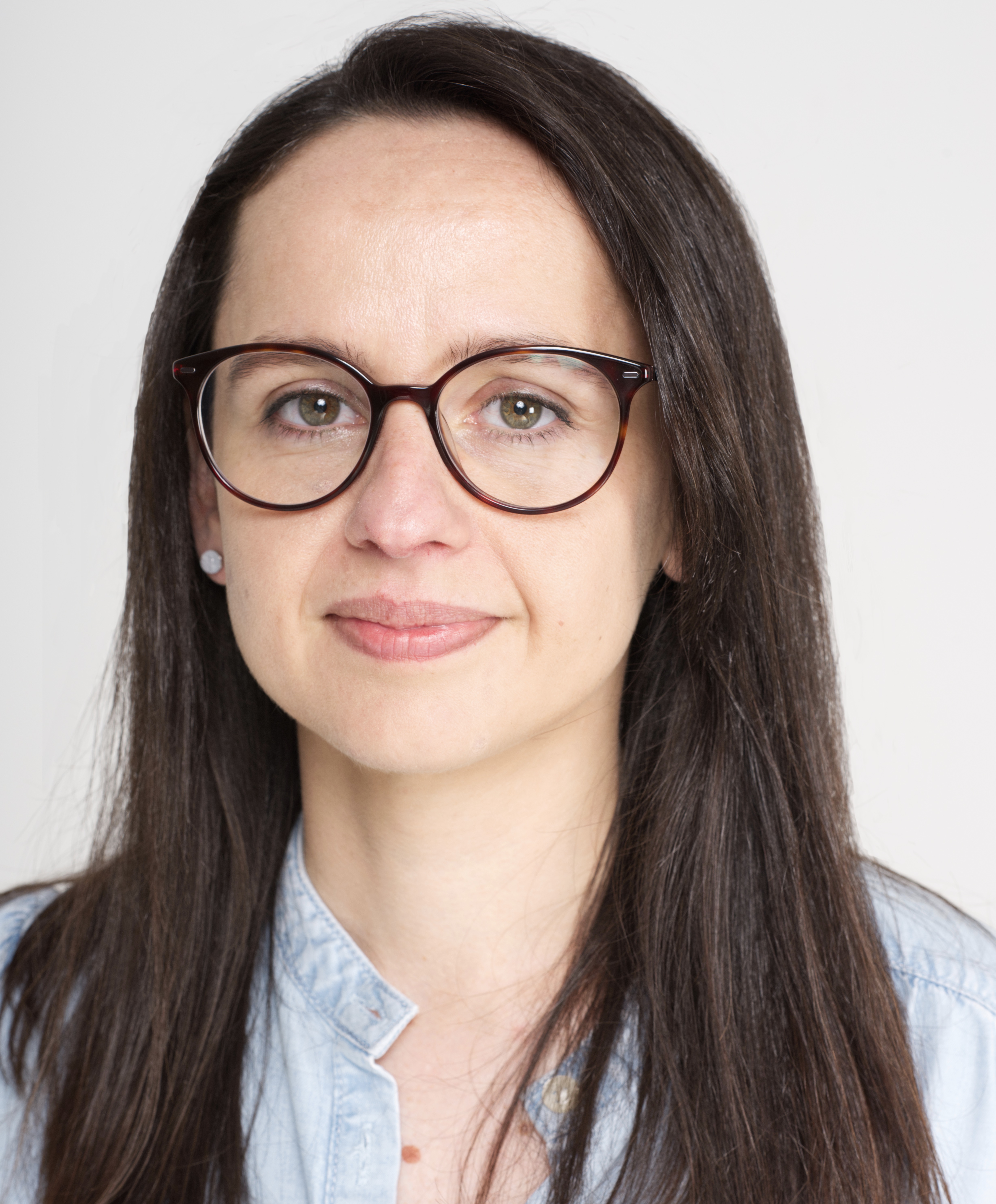
Serena Natile
Serena is the coordinator of the project. She is a feminist academic and activist, Assistant Professor at Warwick Law School. Serena’s research and teaching interests lie in the areas of gender and the law, feminist political economy, social reproduction theory, postcolonial studies and international law. In her work Serena examines issues relating to maldistribution and inequality, and is particularly interested in the links between social movements, legal change and socioeconomic justice. Her recent book The Exclusionary Politics of Digital Financial Inclusion: Mobile Money, Gendered Walls (Routledge, 2020) provides a socio-legal critique of the narratives, institutions and governance of digital financial inclusion as a development strategy for gender equality, arguing for a decolonial politics of redistribution to guide future digital financial projects. Besides academia, Serena collaborated with gender rights organisations and activists in Italy, Belgium, Kenya, Ghana, Uganda and Brazil.
@Serena_Natile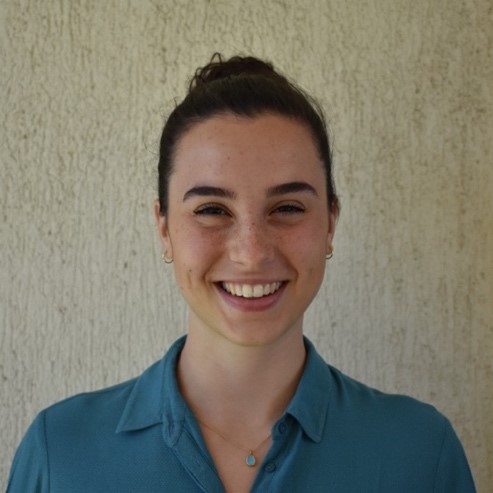
Emma Baker
Emma, the assistant researcher for this project, is a final-year Law with French Law student at the University of Warwick, graduating Summer 2021. In this final year of university, after returning from a year abroad at the Université de Bordeaux, she produced a podcast episode on the 2020 legalisation of abortion in Argentina for her module Law and Disorder, and explored the role of feminist social movements in the legalisation of abortion in Argentina and in Ireland for the module Gender and the Law.
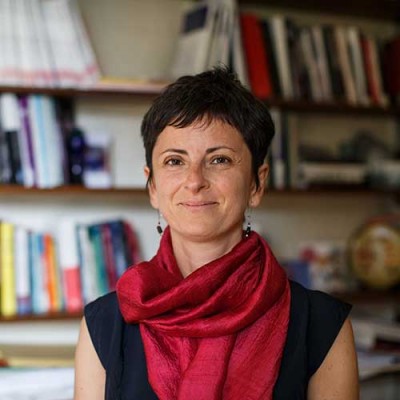
Donatella Alessandrini
Donatella is a Professor of at Kent Law School, University of Kent. Her research lies at the intersection of law and political economy, with a particular interest in trade and development studies, feminist political economy and value theory. Her earlier work has focused on the political economy of ‘development’ in multilateral trading relations. Her current research interrogates the claims International Economic Institutions make about the development and women's empowerment potential of Global Value Chains, looking in particular at the production and unequal distribution of the economic value within and between countries.

Warwick Centre for Law, Regulation and Governance (GLOBE)
@GlobeWarwick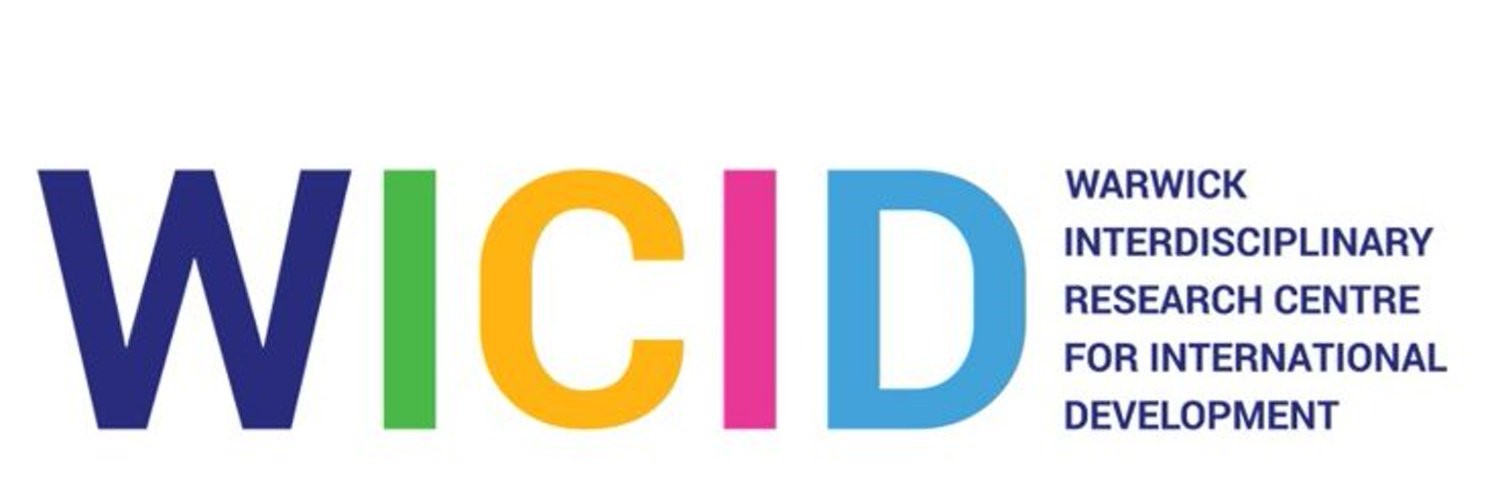
Warwick Interdisciplinary Centre for International Development (WICID)
@wicidwarwick
Warwick Centre for the Study of Women and Gender (CSWG)
@CSWGWarwick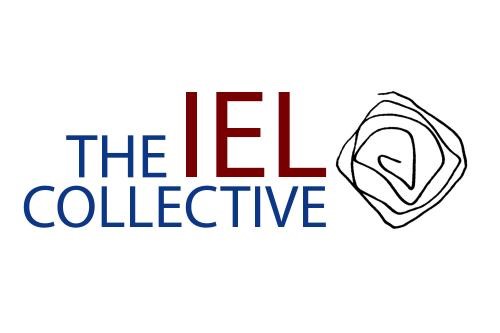
IEL Collective
@IEL_collective
Khara Jabola-Carolus
Khara is the Executive Director of Hawai’i State Commission on the Status of Women, a feminist government agency in the United States dedicated to the liberation of women and non-binary people. Previously, she led the Hawaiʻi Coalition for Immigrant Rights where she passed landmark legislation that extended driver’s licenses to undocumented immigrants. She earned her Juris Doctor from the University of Hawaiʻi with a specialization in Native Hawaiian law and has performed fellowships at the United States Senate, Hawaiʻi Supreme Court, and Committee to Protect Journalists. Her family is from Laguna, Philippines. Khara recently succeeded in leading Hawai’i to become the first state to allow any person with a prostitution record to vacate their conviction if certain conditions are met, and has also worked to allow individuals to designate their gender as ‘X’ on their driver’s licenses. Khara is also a founder of AF3IRM Hawai’i, a Native and immigrant-led feminist activist organisation.
@KharaJabola - @HawaiiCSW
AWID
AWID (Association of Women’s Rights and Development) is a global, feminist, membership, movement-support organization working to achieve gender justice and women’s human rights worldwide established in 1982. The Association’s mission is to support feminists, women’s rights and gender justice movements to thrive, to be a driving force in challenging systems of oppression, and to co-create feminist realities. Their tactics to advance their work includes advocacy and campaigning, connection through dialogue, as well as the arts and creative expression.
@AWID
Felogene Anumo
Felogene Anumo is a pan-African feminist activist who is passionate about using her creativity, politics and intellect to strengthen feminist movements to build collective power. She co-leads AWID's Building Feminist Economies initiative which aims to strengthen feminist efforts to transform the economy at local and global levels as well as to amplify feminist and just economic visions, models and practices. In the context of Covid-19, she leads AWID's #FeministBailout and economic recovery plans which aims to bring together feminist and social justice movements to rethink, reimagine and demand the re-centering systems of care in our economies and ecologies.
@felogene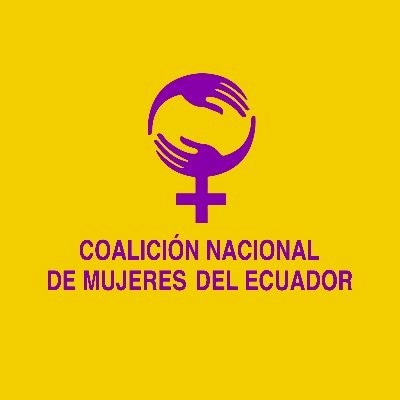
Coaliciòn Nacional de Mujeres del Ecuador
The National Coalition of Women of Ecuador was born in 2014 from the preparation of the Shadow Report to the Committee of CEDAW. The forum welcomes the participation of feminist and women’s organisations at the national, regional and local levels. The Coalition reaffirms the importance of collective construction of agendas and the importance of the search for consensus. It is today made up of 24 organizations from different corners of the country that, through research and training, seek to influence Ecuadorian politics and transform the relations of discrimination that occur in a patriarchal society that produces and reproduces different forms of violence against women.
@EcMujeres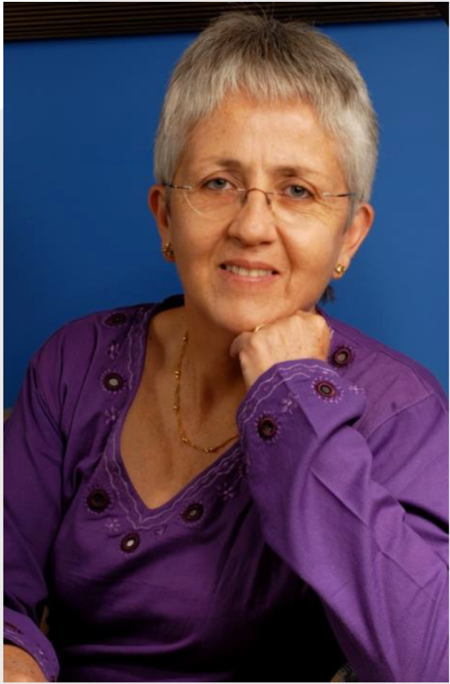
Rocío Rosero Garcés
Rocío is an Ecuadorian feminist and sociologist, with expertise in Anthropology, Human Rights and Society, Gender, Society and Politics. Rocío is a consultant for various human rights organisations and is a widely recognised activist and leader of Ecuador's women's movements. She has led and been part of various public studies and civil society organisations’ initiatives for gender justice. She is currently a member of the Civil Society Reference Group in the Spotlight Ecuador Program, and in 2020 acted as Spotlight Regional Initiative consultant on the ‘Study on availability and quality of data on trafficking and disappearance of women and girls in 10 Latin American countries’. View website.
@rociorosero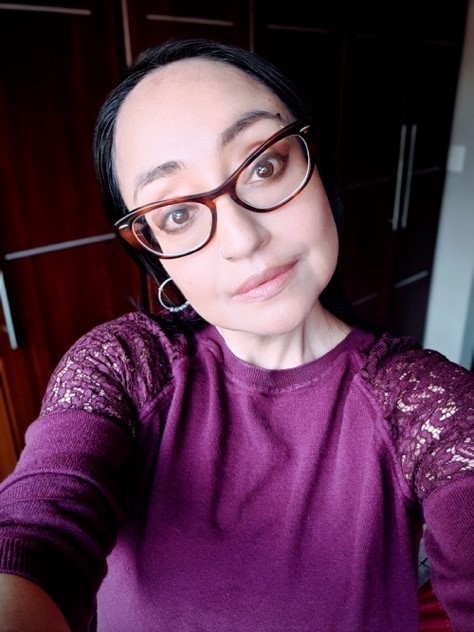
Silvana Tapia Tapia
Silvana is an assistant professor of socio-legal studies at the University of Azuay in Ecuador and her research interests include the limitations of criminal law and criminal justice in providing protection and redress in the domain of violence against women. She is a member of several civil society organisations for women's rights and the rights of incarcerated persons. She is also editor of Ecuador's 2020 Shadow Report to the Cedaw, which incorporated some of her research on women's experiences of using specialised criminal courts for gender-based violence.
@silvilunazul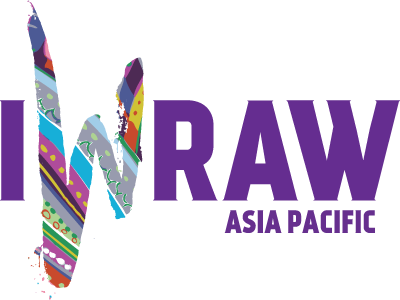
International Women’s Rights Action Watch Asia Pacific
IWRAW Asia Pacific envisions a world in which everyone enjoys human rights and fundamental freedoms on the basis of equality, without discrimination on the grounds of sex or gender, and free of oppressive power relationships, with individuals and societies benefiting from sustainable and inclusive development. They especially focus on the experience of women and girls from the Global South and recognise the need to eliminate intersecting forms of discrimination at all levels. Their approach to achieve their vision includes promoting and facilitating the effective implementation of women’s human rights in conformity with CEDAW and other international human rights treaties and mechanisms.
@IWRAW_AP
Constanza Pauchulo
Constanza coordinates the International Women’s Rights Action Watch (IWRAW) Asia Pacific’s programmes on the impacts of corporate power, (un)sustainable development and macroeconomics on the achievement of women’s human rights and gender equality. Prior to joining, Constanza practised as a civil litigator in Toronto, Canada, advising on complex commercial disputes and regulatory matters. Her professional and academic experience includes working with legal clinics, NGOs, academic institutions, and multilateral organisations on women’s rights, indigenous and rural community rights, labour and migrant worker rights, refugee rights, the protection and security of human rights defenders, and international justice. She speaks English, Spanish, and basic French.
@CPauchulo
Anita Gurumurthy
Anita is a founding member and executive director of IT for Change, where she leads research collaborations and projects on governance, democracy and gender justice in the network society. Her work reflects a keen interest in Southern frameworks and the political economy of Internet governance and data and surveillance. Anita actively engages with policymakers, practitioners, social movement activists and the academic community to expand and deepen conversations on the public policy imperatives of the intertwining of the digital in all spheres of life. She also directs and draws inspiration from the work of Prakriye, IT for Change’s field centre, that works towards promoting women’s and girls’ leadership and digital capabilities. She has recently worked on defining feminist pathways to digital transformation post-pandemic.
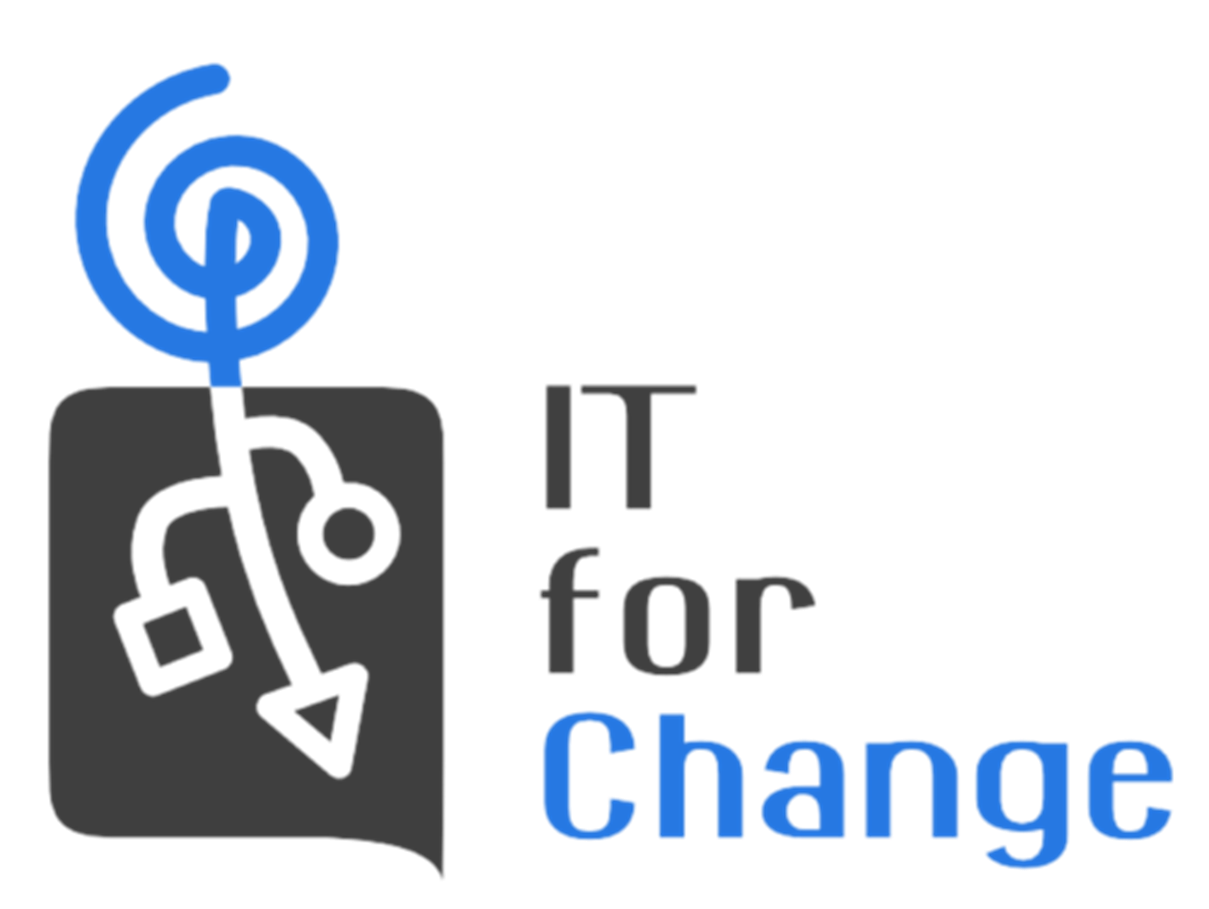
IT for Change
IT for Change is an NGO based in Bengaluru, India, which aims for a society in which digital technologies contribute to human rights, social justice and equity. Their work in the areas of education, gender, governance, community informatics and digital policies pushes the boundaries of existing vocabulary and practice, exploring new development and social change frameworks. IT for Change seeks to build bridges across different sectors, in the global struggle towards an equitable digital society.
@ITforChange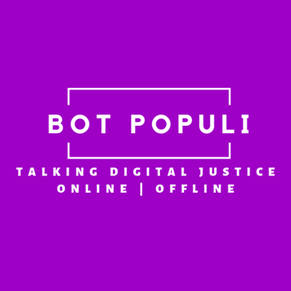
Bot Populi
Founded by seven global organizations, Bot Populi is an alternative media platform dedicated to looking at all things digital from a social justice and global south perspective. They cover and report on the ways in which the digital world affects different aspects of our lives- in obvious and unexpected ways. Their ultimate goal is to influence the norms, rules and practices that contribute to transformative change.
@PopuliBot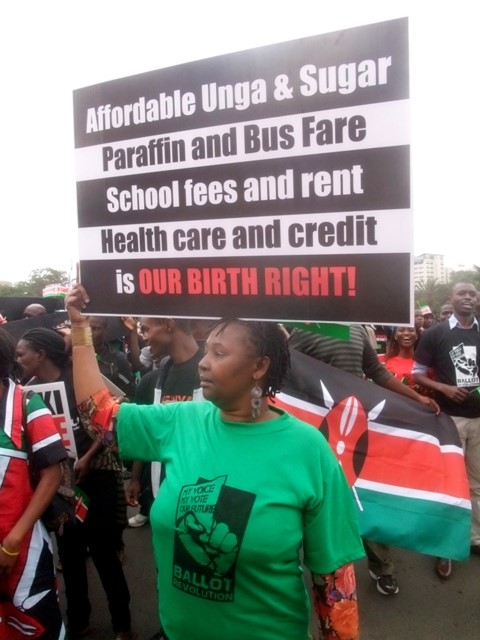
Beatrice Karore
Beatrice is the founder of Wanawake Mashinani (Grassroots Women) Initiative, and a community mobiliser based in Nairobi, Kenya. Her journey as a grassroot human rights defender started after being raped as a teenage in a rural village in Meru, Kenya. During her time living in the slum of Mathare she witnessed frequent accounts of gender-based violence on women and common killings and police brutality. In 2012, Beatrice was shot by police for participating in a peaceful demonstration demanding the improvement of security. The Covid-19 pandemic has increased the number of cases of rape and violence and has shed light on the reproductive justice and mental health needs in Kenya. During the pandemic, Beatrice has been involved in documenting and reporting cases of violations, rescuing survivours and referrals, distribution of masks, sanitizers and food, awareness creation, community dialogue forums. The Wanawake Mashinani Initiative is in the process of rolling out social justice projects targeting children, young girls and women who have been adversely affected by the Covid-19 epidemic.
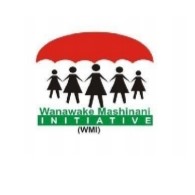
WANAWAKE MASHINANI INITIATIVE
Wanawake Mashinani Initiative (WMI) is a community-based organisation, legally registered in 2013 and based in Mathare informal settlement of Nairobi Kenya. WMI was inspired by the extreme poverty faced by women and the increased gender-based violence and the increasing cases of child defilement, rape & trafficking within Mathare. Main community initiatives include: Gender Based Violence sensitization in the community, actual case response and referrals for medical and legal action for the victims, child rescue placement, collaboration with the Police Department and the Department of Children Services, Menstrual Hygiene, where women and young are sensitized on menstrual health and hygiene and support them with sanitary towels; Mental & Psychosocial Support SGBV Victims. Mentorship for girls, where the intention is to prevent girls from falling prey to Boda Boda men who subject them to sexual violence, teen pregnancies and child marriages.
@wmikenya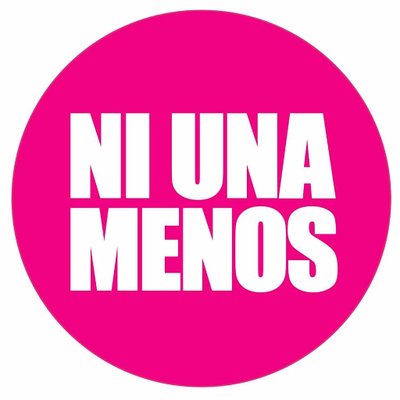
Ni Una Menos, Argentina
Ni Una Menos is a feminist grassroots movement against gender-based violence started in Argentina 2015 to fight against the high rates of femicides in the country (the collective takes its name from a 1995 phrase by Mexican poet and activist Susana Chávez, "Ni una muerta más" Spanish for "Not one more [woman] dead"), in protest to the female homicides in Ciudad Juárez. Chávez herself was assassinated in 2011). The movement has rapidly spread across various Latin American countries and globally using the hashtag #NiUnaMenos. Ni Una Menos is a collective that brings together various feminist groups, artists, journalists, academics to protest against sexual harassment, gender pay gap and socioeconomic rights, sex workers’ rights, LGBTIQ+ rights, legality of abortion, etc. Their campaigns on increasing awareness on the risks of the criminalisation of abortion for women played a central role in shifting people’s opinions on abortion, leading to the legalisation of abortion in Argentina in December 2020.
@ColectivoNUM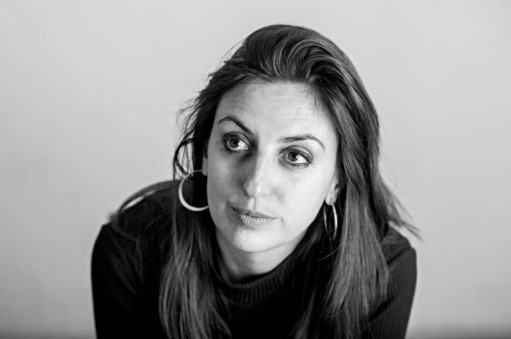
Verónica Gago
Verónica Gago teaches Political Science at the Universidad de Buenos Aires and is a Professor of Sociology at the Instituto de Altos Estudios, Universidad Nacional de San Martín. She is also a researcher at the National Council of Research (CONICET). Veronica is author of Neoliberalism from Below: Popular Pragmatics and Baroque Economies (Tinta Limón 2014, Duke University Press 2017), Feminist International (Verso 2020) and has co-authored with Lucí Cavallero A Feminist Reading of Debt (Pluto Press, 2021). She is a feminist activist part of the Ni Una Menos collective.
@veronica_gago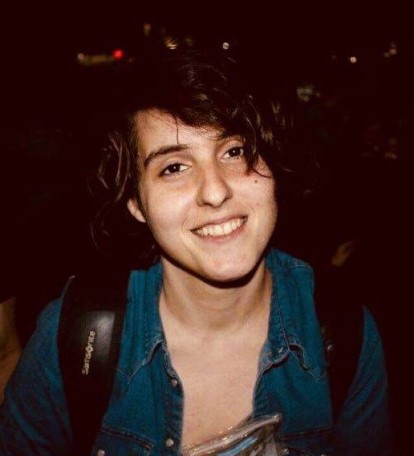
Lucí Cavallero
Lucí Cavallero is a sociologist and researcher at the Universidad de Buenos Aires, and a feminist activist part of the Ni Una Menos collective. She teaches in the Gender Studies Masters programme at the Universidad Nacional de Tres de Febrero. Lucí has co-authored with Verónica Gago Una Lectura Feminista de la Deuda (A Feminist Reading of Debt), published in Argentina by the Rosa Luxemburg Foundation (2019), in Brazil by Criação Humana Editora (2019), in Italy by Ombre Corte and in the UK by Pluto Press (2021).
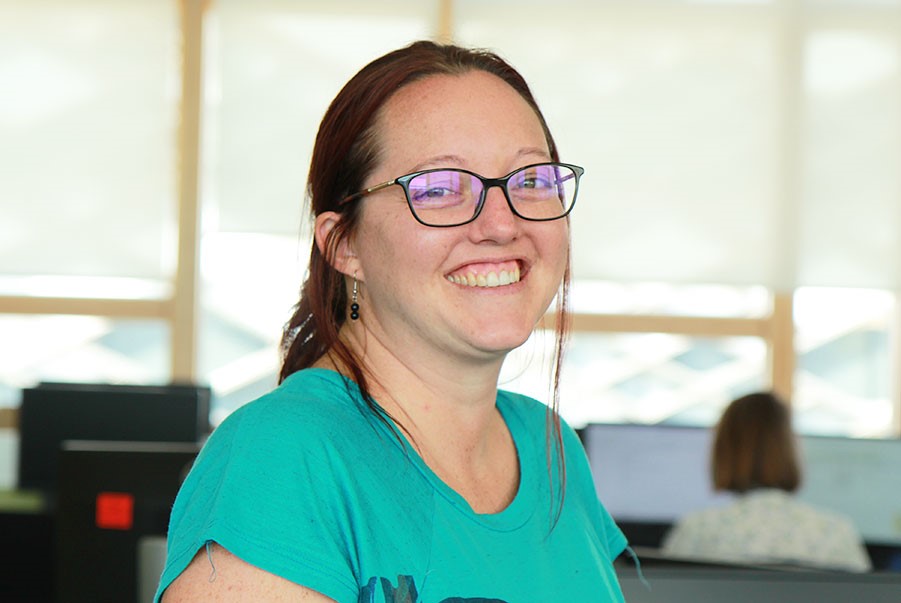
Liz Mason-Deese
Liz is a Visiting Researcher at the University of Sheffield and her work looks at how the imbrication of movements of the unemployed and feminist movements has redefined and expanded notions of labour and the practical implications for labour organising. Specifically, she focuses on how movements organise around and through issues of social reproduction and possibilities for autonomous practices of reproduction. Lis is also part of the Counter Cartographies Collective and a member of Viewpoint Magazine. She works as a translator, having translated numerous books including Verónica Gago’s Neoliberalism from Below (Duke Press, 2017) and Veronica Gago and Luci Cavallero’s A Feminist Reading of Debt (Pluto Press 2021) into English.
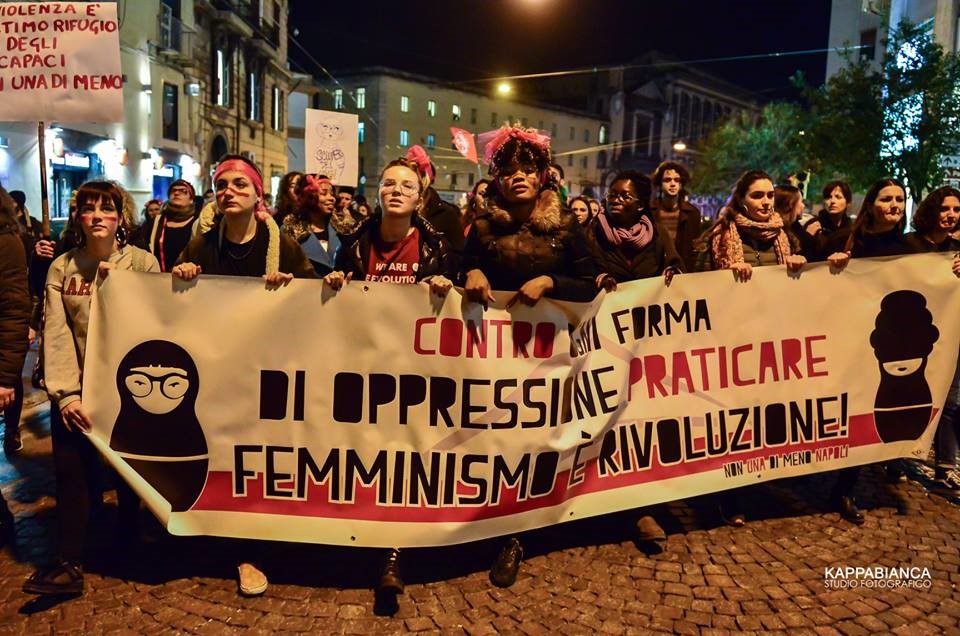
Non Una di Meno Italia
Non Una di Meno Italia is a feminist movement started in Rome to connect various local and national feminist spaces, from trade unions to anti-violence centres to art, science, journalism and academia, while also engaging with transnational feminist debates. Non Una di Meno has now an extensive network of support across Italy and they restlessly campaign for women’s socio-economic rights, reproductive justice and LGBTIQ+ rights.
@nonunadimeno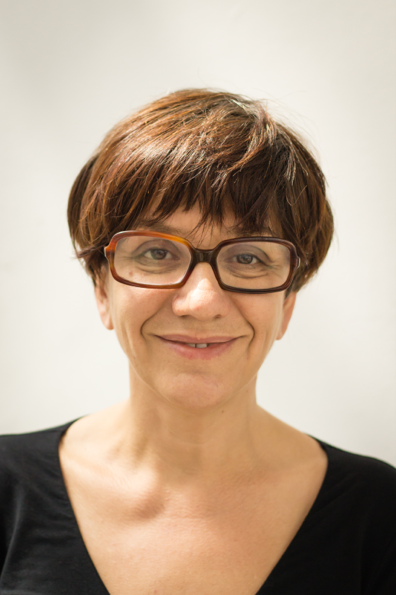
Enrica Rigo
Enrica Rigo is Associate Professor at University of Roma Tre where she holds the chair in Philosophy of Law and coordinates a legal clinic programme on migration and asylum. She earned her PhD in “Philosophy of Law, Social and Political Theory” at University of Naples and was formerly Jean Monnet Fellow at the European University Institute in Florence. Her research interests include critical legal theory, theories of citizenship, gender and border studies. She is the author of numerous articles on migration, borders, justice and asylum in gender perspective.
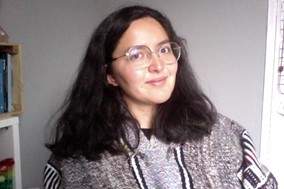
Marga RH
The artwork for the project website 'Until dignity becomes a habit' has been realised by Marga RH. Marga RH is a UK-based Latin American feminist, artist and campaigner on gender + reproductive justice and migrant's rights, and has been involved in various projects (creative or otherwise) addressing these issues. She uses illustration as a means to channel everyday struggles, for personal therapy and self-care, and as a campaign tool.
@margarh_ - @marga.rh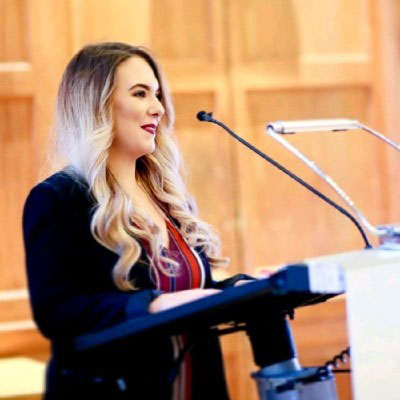
Rachel Powell
Rachel Powell is the Women’s Sector Lobbyist with the Women’s Resource and Development Agency and the Chair of the Women’s Policy Group NI. In this role, Rachel works to inform and influence the development and implementation of all policy affecting women in Northern Ireland. As the Women’s Sector Lobbyist, she is involved in a wide range of voluntary and community sector organisations and engagement with political representatives. In 2020, Rachel was also appointed as an Expert Advisor for the development of the Northern Ireland Assembly Gender Equality Strategy.
Prior to her Lobbyist role, Rachel was a Human Rights Officer at the Human Rights Consortium and served two elected terms at Queen’s University Belfast Students’ Union as the Vice President for Equality and Diversity and Vice President of Postgraduates. Rachel has a B.A. in Politics, Philosophy and Economics and an M.A. in Conflict Transformation and Social Justice from Queen’s University Belfast and a Postgraduate Professional Diploma in Gender and Transition from the Transitional Justice Institute at Ulster University. She was also a fellow on the Social Change Initiative in 2020 and is currently an Executive Director of the Washington Ireland Program.
@wslobbyistni
WRDA
The Women’s Resource and Development Agency (WRDA) is a membership organisation that has supported women’s groups and networks across Northern Ireland since 1983. Our members are a key part of WRDA, they keep us relevant and ensure we are working on the issues which really matter to grass roots women. We also act as an information hub for the women’s sector, while also striving to raise the profile of women’s issues in the wider media. WRDA carries out regular policy work and lobbies decision makers on behalf of women. We work to enhance how the women’s sector and women on the ground are communicating with all levels of government, ensuring women have their rightful say in the policies affecting them.
As part of our vision to make women a visible force for change in Northern Ireland, we are actively lobbying and campaigning on issues that affect women. We work with politicians, policy makers and influencers to advocate for law and policy that promotes women’s rights and equality and for services that meet women’s needs. We take a participative, grassroots approach to this work – all women have the right to be involved in decision-making and we aim to amplify the voices of the women who engage with the women’s sector. We also work on a range of initiatives relating to health, including breast, cervical and bowel screening awareness and the Maternal Advocacy and Support project. WRDA is the secretariat for the Women’s Policy Group and coordinates the work of the WPG.
@WRDA_team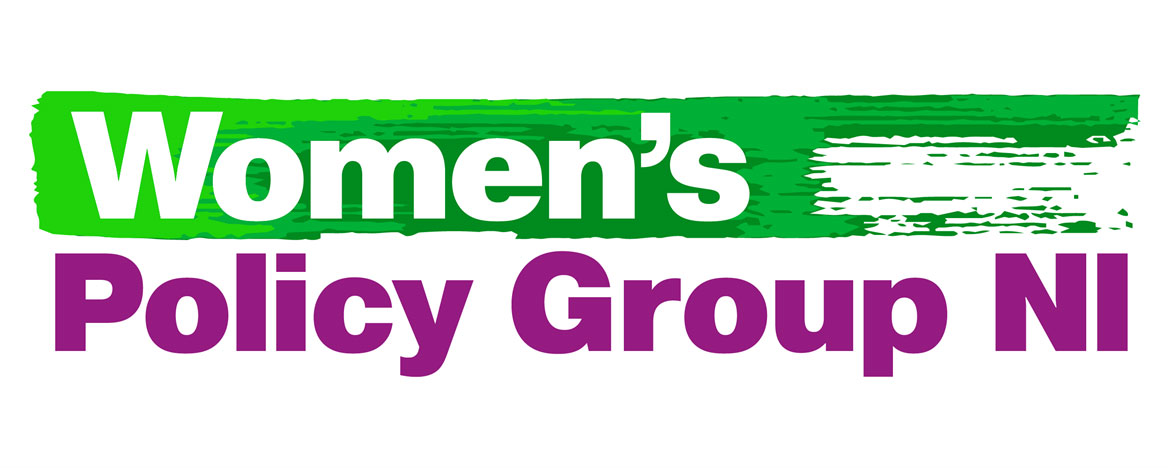
Women’s Policy Group NI:
The WPG NI is a platform for women in Northern Ireland working in policy and advocacy roles in different organisations to share their work and speak with a collective voice on key issues. It is made up of women from trade unions, grassroots women’s organisations, women’s networks, feminist campaigning organisations, LGBT+ organisations, migrant groups, support service providers, NGOs, human rights and equality organisations and individuals. Over the years this important network has ensured there is good communication between politicians, policy makers and women’s organisations on the ground. The WPG represents all women of Northern Ireland and we use our group expertise to lobby to influence the development and implementation of policies affecting women.
The WPG is endorsed as a voice that represents all women of Northern Ireland on a policy level. This group has collective expertise on protected characteristics and focus on identifying the intersectional needs of all women. The WPG membership is broad and has a deep understanding of how best to approach the impact COVID-19 is having on women in Northern Ireland. The impact on all protected groups will be severe, and we work to highlight evidence of the disproportionate impact the pandemic is having on women to make recommendations to policymakers.
@WRDA_team